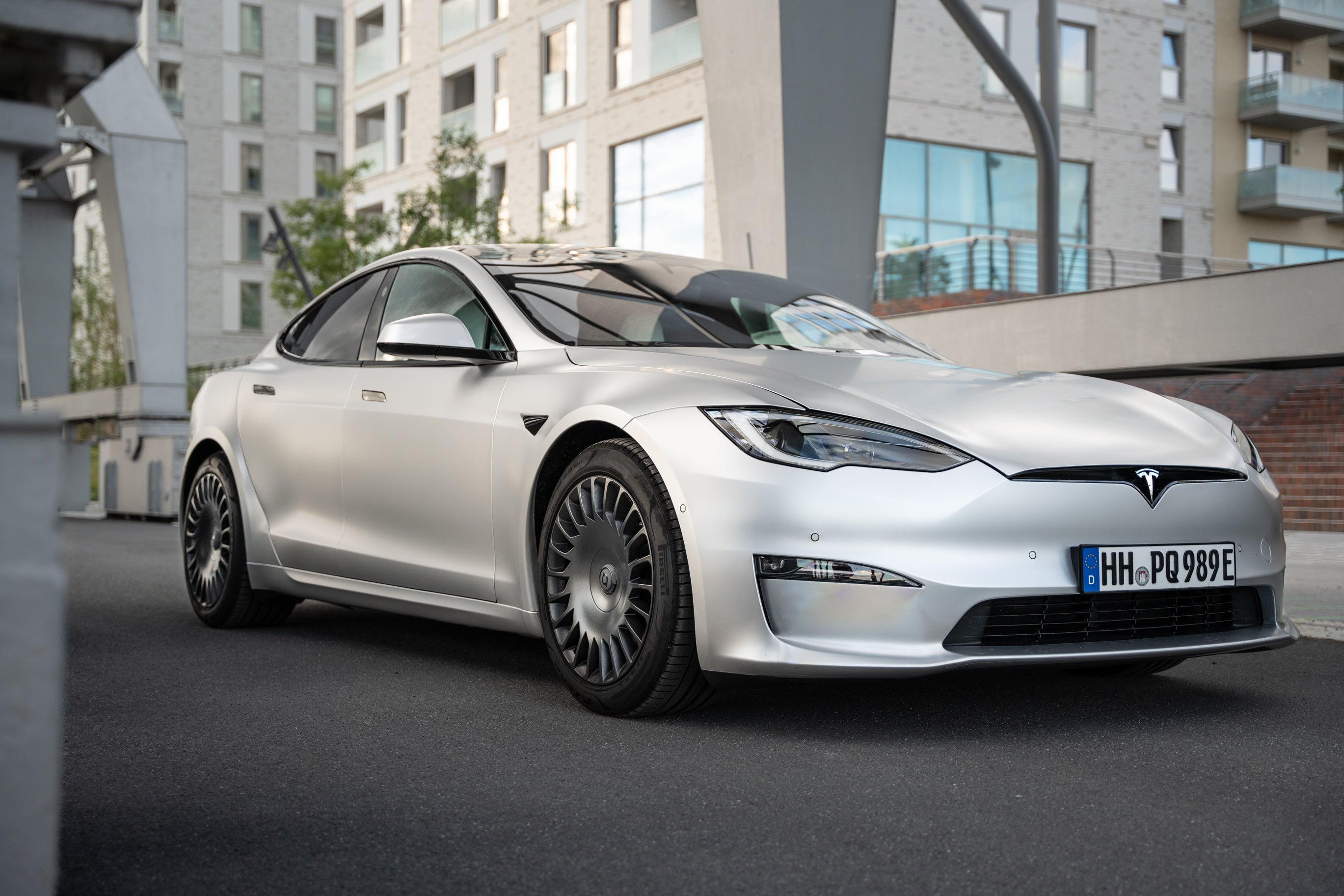Have you noticed the new Supercharger prices in Canada yet? Tesla has quietly introduced a new pricing model for its Superchargers, which includes attractive off-peak rates in some regions and even a return to per-minute billing in others. In this article, you will learn all about the current changes and what they mean for Tesla drivers in Canada – and whether similar adjustments might soon arrive here as well.
Off-Peak Rates: More Savings in Alberta and Quebec
In Alberta, some Superchargers now offer reduced off-peak prices. Thus, costs in Edmonton and other locations drop to $0.59/kWh in the early morning hours, while they rise to $0.66/kWh during peak times. At other locations in Alberta, prices have been moderately reduced from $0.67 to $0.65/kWh. Users in Quebec can also benefit from significant price advantages, as off-peak prices there have been reduced by up to 25% – although there is a slight increase of $0.02/kWh during high-demand times.
Regional Price Differences: Saskatchewan, Ontario, and British Columbia
The price adjustments vary by province:
-
In Saskatchewan, especially in Regina, prices have increased from $0.67 to $0.71/kWh.
-
In Ontario, some urban stations, such as on Lakeshore Blvd W in Toronto, have experienced slight increases from $0.44 to $0.48/kWh.
-
In British Columbia, there are also mixed signals – while Whistler locations have been reduced from $0.50 to $0.48/kWh, other regions show similar slight price reductions.
Return to Per-Minute Billing in Certain Provinces
Things get interesting in New Brunswick, Nova Scotia, and Prince Edward Island, where Tesla is returning to per-minute billing.
-
History:
Previously, Superchargers in Canada were billed per minute, which often led to unfair costs, as different vehicle models require different charging times. -
New Approach:
In 2023, Tesla switched to per kWh billing, allowing for fairer pricing. -
Current Change:
Now, in some provinces, billing is once again per minute – and this depends on the charging speed (0–60 kW, 60–100 kW, 100–150 kW).
Tesla has not yet been asked about the reasons for this change – possibly to respond to regional peculiarities or regulatory requirements.
What does this mean for us?
Although these developments affect the Canadian market, the open question is: Will similar price adjustments and billing models soon be introduced in other regions, such as Europe? The answer remains to be seen – perhaps German Tesla drivers will also benefit from more flexible pricing structures in the future.
Conclusion
The new pricing models at Tesla Superchargers in Canada show how dynamic and regionally different pricing in the EV charging sector can be. Off-peak rates offer savings, while the return to per-minute billing in some provinces is causing discussions. It remains exciting to see whether these adjustments will also influence international markets.







































